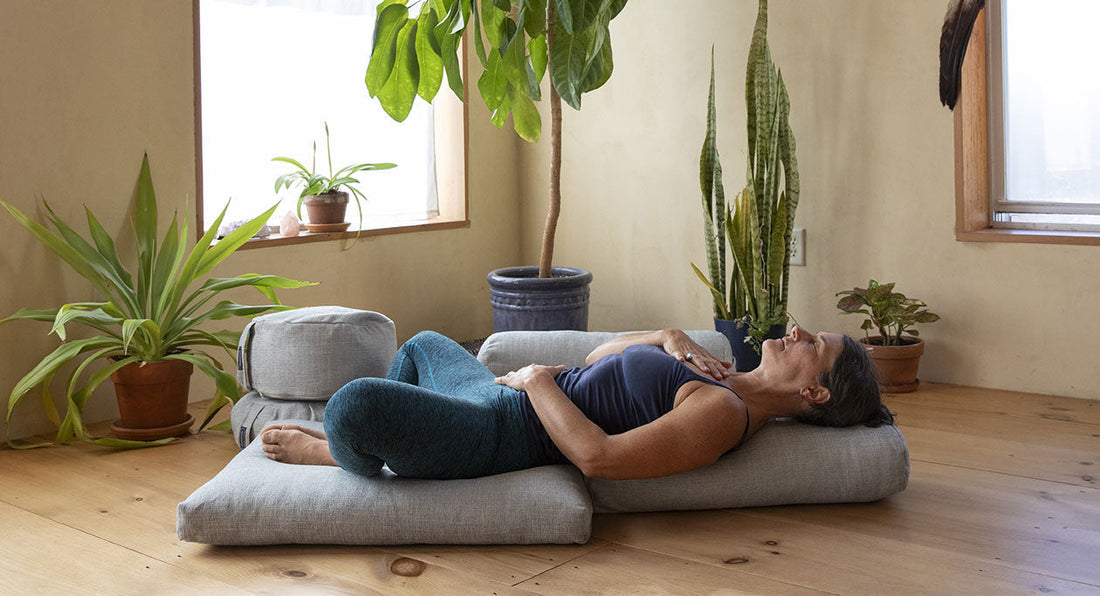In today’s fast-paced world, stress and sleepless nights are all too common. Whether you’re juggling work, family, or the constant buzz of digital life, finding balance often feels out of reach. Meditation offers a natural and time-tested way to calm the mind, reduce stress, and create the inner stillness needed for restorative sleep. From guided practices to quiet moments on a meditation cushion, mindfulness is more than a wellness trend—it’s a practical tool for everyday life.

How Meditation Relieves Stress
Stress triggers the body’s “fight-or-flight” response, releasing cortisol and adrenaline. While helpful in emergencies, prolonged stress strains the body and mind. Meditation helps by activating the parasympathetic nervous system, which lowers heart rate and blood pressure, and signals to the body that it’s safe to relax.
Mindfulness practices such as breath awareness or mantra meditation also train the mind to shift focus away from racing thoughts. Studies show that just 10–20 minutes of daily meditation can significantly reduce symptoms of anxiety, tension, and overwhelm.
The Connection Between Meditation and Sleep
Poor sleep is often caused by stress, restlessness, or an overactive mind. Meditation works as a natural sleep aid by slowing brain activity, lowering stress hormones, and creating the mental space to transition into rest. Body scan meditations, for instance, help release physical tension, while breathing exercises can quiet nighttime worry.
Unlike sleep medications, meditation builds long-term resilience. With regular practice, many people fall asleep faster, experience fewer night time wake-ups, and enjoy deeper, more restorative sleep cycles. For those seeking holistic health, meditation supports not just rest—but better mornings.

Practical Tips to Start Meditating for Sleep and Stress Relief
- Create a calming space: Use a zabuton or zafu cushion, light a candle, or burn natural incense to set the mood.
- Start small: Begin with 5 minutes before bed or after waking up.
- Gradually increase as you feel comfortable.
- Focus on breath: Slow, mindful breathing signals the body to relax.
- Try guided sessions: Apps and local meditation groups can provide structure and support.
-
Stay consistent: Even a few minutes daily is more effective than long but infrequent sessions.
Bringing Mindfulness Into Daily Life
Whether you live in a bustling city or a quiet town, the benefits of meditation are universal. It’s a simple, portable practice you can take anywhere—on your commute, during lunch breaks, or before sleep. By weaving mindfulness into daily routines, you’ll notice less stress, more emotional balance, and nights filled with deeper rest.
Final Thoughts
Meditation is a natural pathway to stress relief and better sleep. It doesn’t require special equipment or hours of free time—just a willingness to pause and turn inward. By practicing consistently, you give yourself the gift of calm days and restful nights, no matter where you are.

